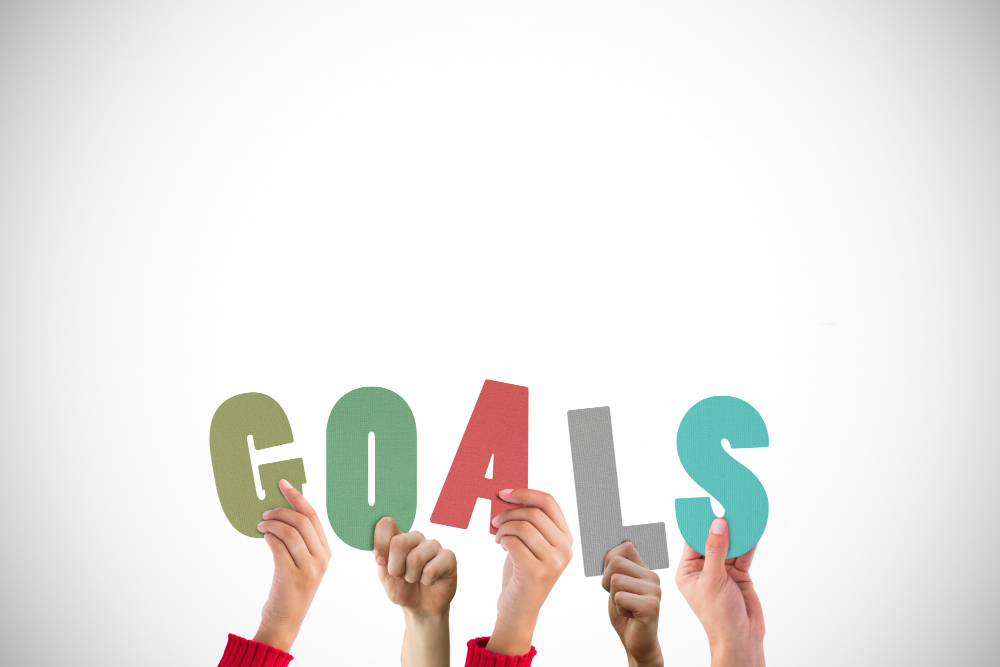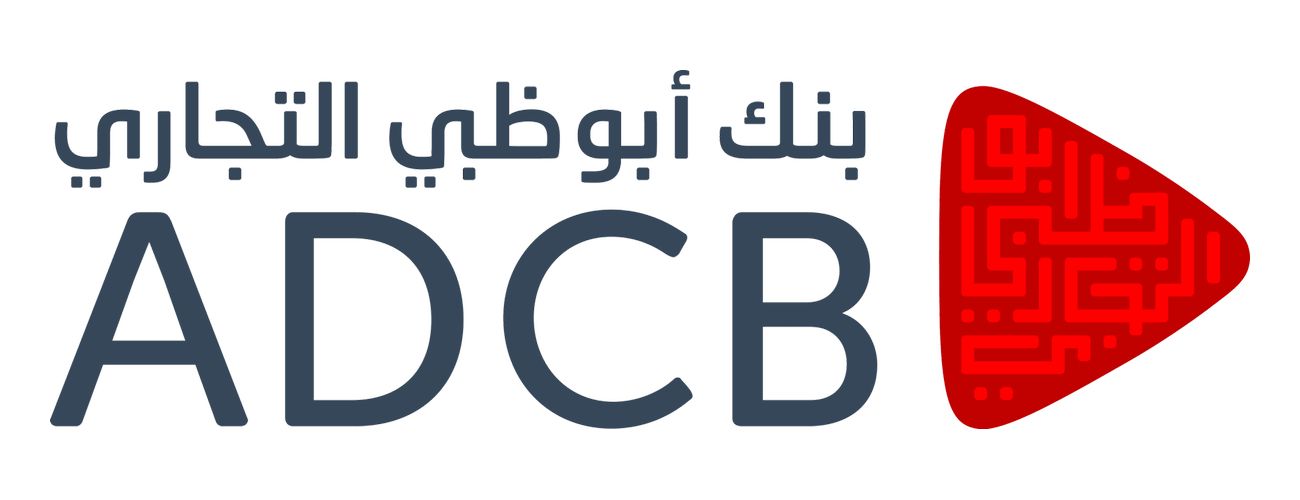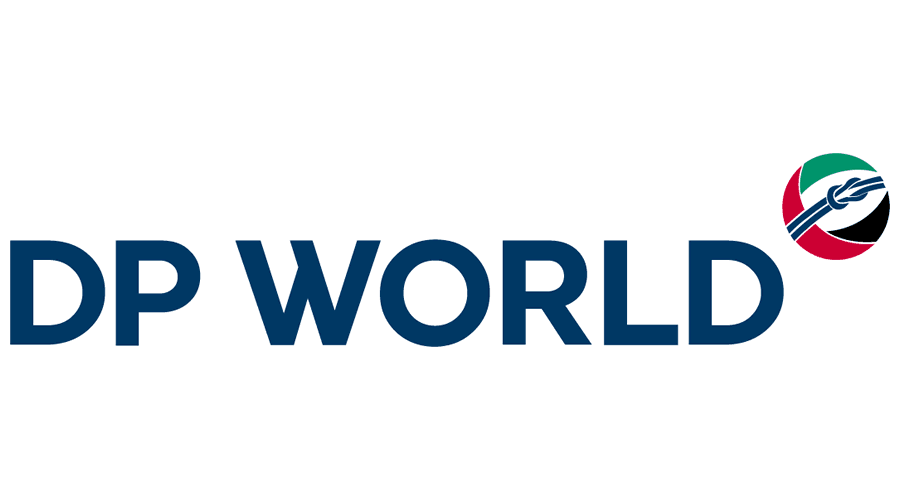
What is your goal in life? Goal, objective, end-result, aim; there are many synonyms to that one word. It’s a term that we’re quite familiar with, personally and professionally. Why? It’s because goals or objectives give us a purpose. It might be a personal mission or something related to work and career. The zeal to achieve that goal fuels our life and gives us meaning. To summarize, goal setting is crucial for personal and professional growth.
Many might not know, but setting a goal is one of the foundational aspects of coaching. In the very first coaching session and the following, a coach and the client would set a goal for the session. On that note, here’s all that you need to know about goal setting and how it can change your game from the coaching perspective.
What is a goal from the coaching perspective?
A goal can be defined as the desired outcome envisioned by an individual or a group of individuals, who then plan to accomplish the same.
Goal setting in coaching is all about self-realizing what you want to accomplish, followed by how you aim to accomplish the same. “What is your goal for this session?” That’s the first question the coach will ask you.
Why is goal setting important? It’s because goals or objectives motivate, encourage, challenge, and inspire you to push your potential, break your mental barriers, to make your envisioned outcome a reality.
What are the different types of goals?
Primarily there are two types of goals:
- End goals
- Performance goals
Performance Goals
It determines the performance level that you, as the client, believe would help you achieve the ultimate objective or end goal. The performance goal remains in control of the client and helps both the coach and the coachee assess the progress. It is easier to commit to a performance goal because it is within your limit, unlike the end goal, which is an outcome of the performance goal.
End Goal
It is the ultimate objective, which you might not have complete control over. It depends on your conviction towards accomplishing the performance goals. Even it might not be in your control if it involves validation from a separate third party.
What are the qualities of a goal?
Now, let’s get into the quality part of the goals. Yes, your goal setting has a quality, especially when talking from the coaching perspective.
Your goals need to be SMART.
- S: Specific
- M: Measurable
- A: Agreed
- R: Realistic
- T: Time phased
They also need to be PURE.
- P: Positive
- U: Understandable
- R: Relevant
- E: Ethical
Lastly, they have to be CLEAR.
- C: Challenging
- L: Legal
- E: Environmental-friendly
- A: Appropriate
- R: Recorded
Devoid of these, your goal has no substance, and hence it becomes difficult to achieve.
Conclusion
Goal setting is the starting point of the coaching process. A good coach would direct the client towards that direction for goal fulfillment by only offering motivation and inspiration, not doctored answers.









































